Wild swimmers in Stonehaven are working to spread the word of how much sewage is being dumped in the country’s waters.
The group held a family-friendly demonstration at Stonehaven Harbour on Saturday afternoon to help raise awareness.
Dressed in wetsuits and dry robes, the activists held up signs with the words “Sick of Sewage” and “No Sewage Overspills” and chanted loudly to make their message clear.
They are backing calls from the Marine Conservation Society for monitoring and reporting of 100% of Scotland’s sewage networks by 2026.
At the moment, less than 4% of the country’s marine storm overflows are being monitored.
The system was designed to only be used during heavy rainfall when sewers become overwhelmed, but analysis from SEPA shows overflows dumped sewage into Scottish seas for 113,000 hours last year.
This means each overflow released sewage a total of 114 times on average.
How much is this really happening?
Stonehaven resident and keen wild swimmer, Kathryn Selkie, helped organise today’s beach gathering.
She said: “Due to all of the works going on in the area, there have been sewage overspills in the rivers in Stonehaven.
“After heavy rain we usually have to wait at least 48 hours before we can swim because we know this sewage is being released into the water.
“And, the incidents released by SEPA are just from the overflows being monitored. So, who knows how much of this is actually happening.”
Untreated sewage contains harmful chemicals, bacteria, viruses, micro- and macro-plastics, as well as sewage-related litter items, such as wet wipes and sanitary products.
All of these items are being pumped straight into seas.
‘Everyone has a part to play’
Fellow Stonehaven resident and swimmer, Lucy Scaife, also spends time in the water paddle boarding around the coast.
She said: “In Scotland, it appears we’re doing a good job but a lot is going unnoticed.
“We just want to preserve the seas and be able to enjoy them, so raising awareness is important.”
Ms Selkie added. “I didn’t know until a few months ago that it happens on such a big scale.
“The more people that know, the more people that will ask for better investment and better systems. Everyone has a part to play.”
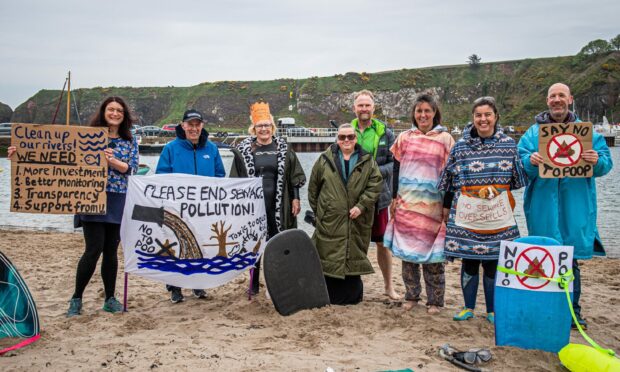
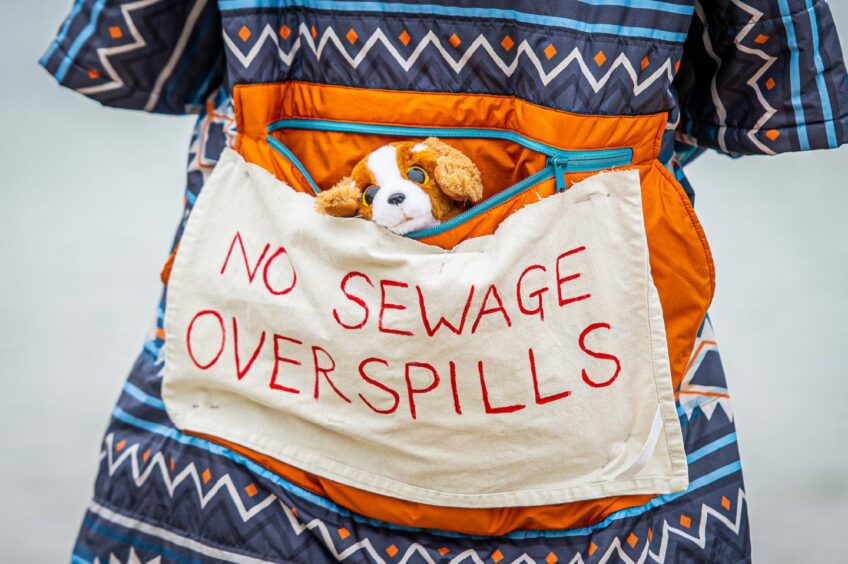
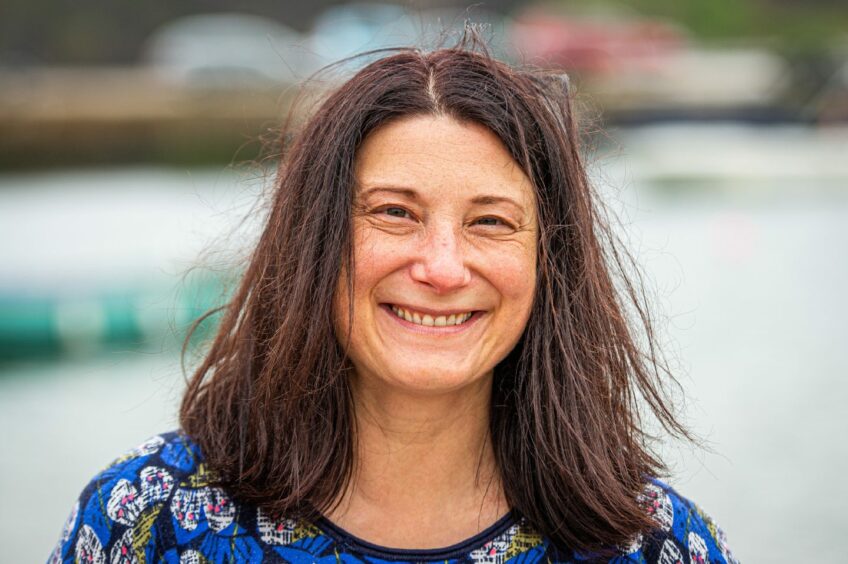
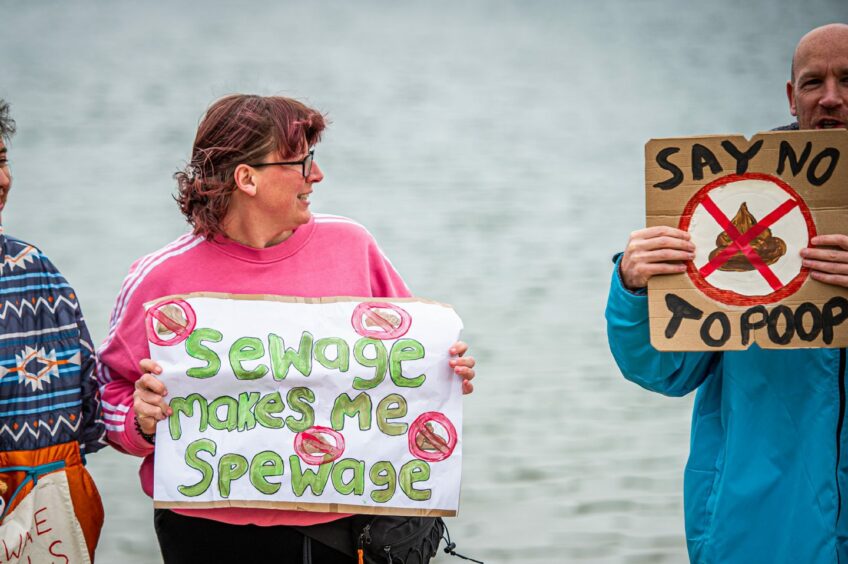
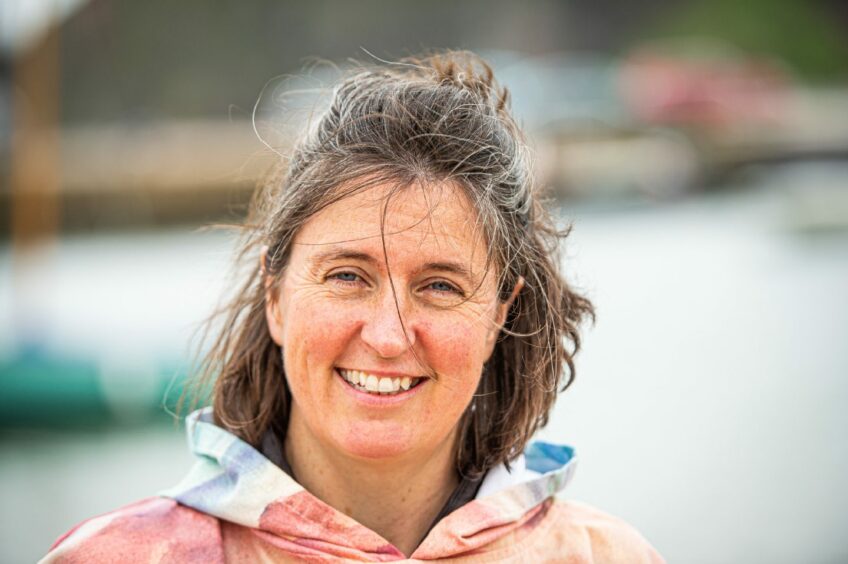
Conversation